The recent gains in UK house prices are likely to be just a temporary respite before a further steeper fall next year, according to Fitch, the global ratings agency.
Fitch warned yesterday that UK house prices could fall by about 30 per cent in total from the October 2007 peak, despite three consecutive months of house price growth that has led some to hope for a more sustained recovery.
Prices have now fallen 13 per cent from their peak in 2007, said Fitch, a rate that has moderated since March, but another slide could be just around the corner to drop prices by another 17 per cent.
The Halifax house price index rose by 1.6 per cent in September, and by 2.8 per cent in total in the third quarter. The Nationwide index showed that prices have risen by 4.1 per cent since the end of 2008.
However, Fitch has based its estimates on the likelihood of a return to the long term average for the house price-to-income ratio, which is still high, and warned that there would be a continued negative impact from low wage inflation and increased levels of unemployment.
Brian Coulton, head of global economics at Fitch Ratings, said: “The UK’s average house price to income ratio remains significantly higher than the long term average. A 30 per cent fall from the peak of October 2007 would bring this ratio back in line with the long term average. In comparison, the house price declines in the early 1990s saw the average house price to income ratio fall below the long term trend.”
This gloomy forecast for house prices sits alongside a more optimistic outlook on the economy, according to Fitch, which expects UK gross domestic product to turn positive in 2010 and continue to grow into 2011. Despite this, it expects unemployment to increase in 2010.
”The drag of rising unemployment and low wage inflation is yet to be significantly reflected in house prices,” said Alastair Bigley, head of UK residential mortgage backed securities at Fitch. ”Unemployment will peak next year and remain close to that high into 2011. This will inevitably weigh on house prices.”
The ratings agency said easing credit availability may also be short-lived. Lower interest rates have helped affordability for mortgage borrowers reducing arrears and foreclosure rates, it said. Rising unemployment could trigger deterioration in these indices, it warned.
High loan-to-value mortgages also remain scarce, it said, which is affecting first time buyers. ”Although households are reducing debt and increasing savings, the upfront cost of house purchase for first time buyers is likely to stifle housing demand,” said Bigley.
Capital Economics, a consultancy, which widely predicted the bust at the height of the boom, said recent gains in house prices will be reversed after the artificial boost in prices from a shortage of property for sale.
“With unemployment set to rise further and the market still overvalued, in our view, the correction is far from over,” it said yesterday.




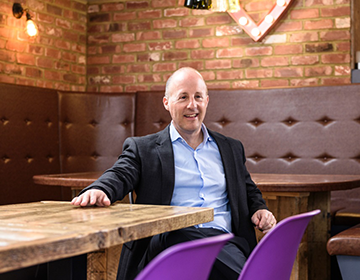
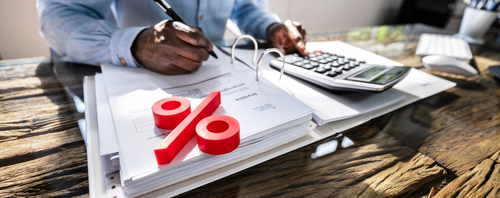
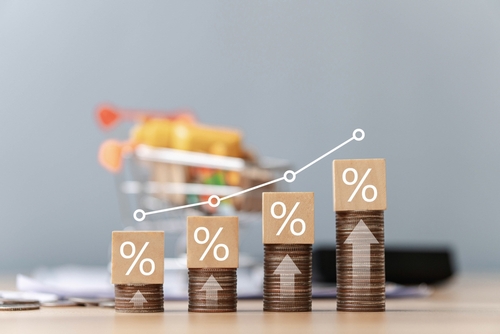
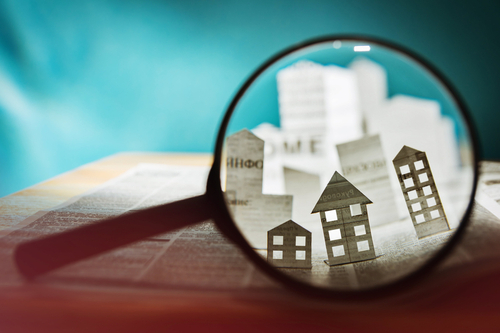

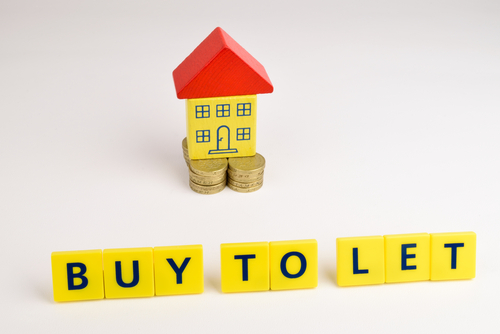




Comments
As to differences in opinion on prices and what is right the following is taken from your article today titled London prices on ‘road to recovery’, says Winkworth
"London is certainly seeing a greater recovery than many other cities, although this has in most cases followed a steeper fall too, with peak to trough falls in the region of 35 per cent in Notting Hill, for example. The sentiment of the property market has been self perpetuated with buyers reassured by other competing purchasers."
Ian Fraser, estate agent with Winkworth Islington said: “The central London market appears to have made a startling recovery over the last few months. Properties were selling at 25 – 30 per cent below peak prices in the autumn of last year. That figure is now less than 10 per cent away from the previous top of the market for better quality stock. We have registered far more buyers over the last four months than we did even in 2006 or 2007.”
You can make what of you like of stats – different areas will have different experiences and it is possible that all the different views are correct in part.
all you need is more idiots or experts predicting house price falls, the media gets hold of it and then house prices will fall due to the knock on effect. this is not what we need tobuild confidence in the market and i would suggest the fitch writer doesnt have a mortgage or doesnt care if house prices go down. lets be real about this nobody can predict whats going to happen, so for everyone who says house will fall one says houses will rise. Stop publishing people like this who clearly want to push unemployment,job security and house price falls to a record level. I hope he is first to suffer from doom and gloom. In a position to influence he should put confidence back in the market. He clearly was bulliedas a child
We may not see a drop of 30% in house prices, but it is highly likely that there will be a further drop in prices. The recent increase in property prices has in part been attributable to the shortage of property. If we have a change of government and the Conservatives scrap HIPPS you are likely to see a significant increase in property for sale which in turn will depress prices. Add to this cuts in public spending and rising unemployment, the number of people looking to buy is expected to reduce.
It is likely that lenders will continue to be cautious with underwriting restricting mortgage availability.
Previous self cert borrowers who declared optimistic incomes will be unable to make further borrowings.
The market is some way from returning to normal and there only needs to be a dip in prices for confidence to quickly disappear.
On a more positive note, quantitative easing is almost certainly going to cause inflation which may reduce / stop falls in actual prices, but in real terms values will fall. Of course there is also the possibility when inflation starts we will see interest rates being raised faster than is currently being predicted.
The banks / former building societies share prices are always a good indication of what is likely to happen in the property market, and currently the share prices are still under pressure.
It would be good to see the market recover but there is still some way to go.
Very interesting, so Fitch or more specifically the 'Harbinger of Doom', Brian Coulton believes UK house prices could fall by about 30 per cent in total from the October 2007 peak, despite three consecutive months of house price growth that has led some to hope for a more sustained recovery. This being based on
estimates of - primarily, the likelihood of a return to the long term average for the house price-to-income ratio. What complete rubbish! Has Coulton considered affordability in his crystal gazing? I think not. The algorithmic logic he eludes to requires the cost of lending to similarly rise also to the 'average'; which I predict is most unlikely this side of 2012!
Some of these economists I am sure have bigger egos then Simon Cowell. Where were all these marvellous soothsayers' prior to the crunch and more to the point what were they predicting? Nothing much more accurate I would wager. What a Fantastic job, getting paid for talking twaddle on a regular basis, bit like our meteorologists.